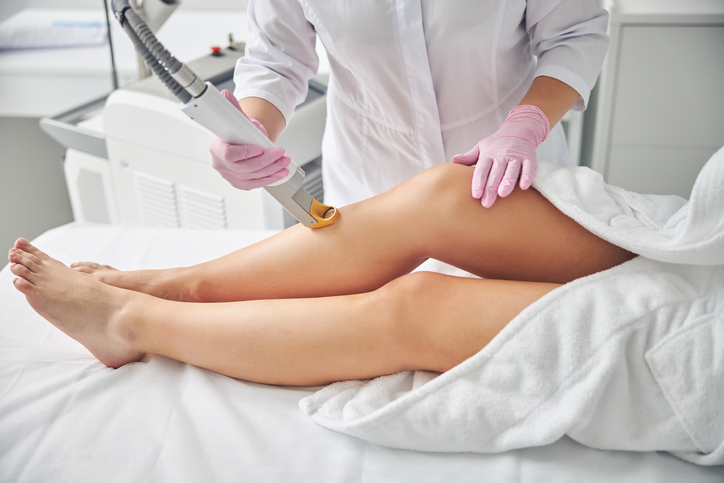
The evolution of intense pulsed light
Intense pulsed light (IPL) has become a staple in beauty salons and dermatology clinics. Learn how it works for hair removal, acne management, and more.
Dr Michael Rich is a specialist dermatologist who has been performing tumescent liposuction for over 30 years. Find out if Liposuction is suitable for you at ENRICH Clinic.
At ENRICH Clinic, we have a wide range of dermatological and cosmetic body treatments tailored to individual body and patient needs.
At ENRICH Clinic, our treatments are performed by our medical team consisting of doctors, nurses, and dermatologists and are tailored to each patient’s skin health needs.
ENRICH Clinic is committed to your skin health and well-being with a range of dermatological & cosmetic treatments tailored to the individual. Our treatments are performed by our medical team consisting of doctors, nurses, and dermatologists.
Skin health is essential for everyone. ENRICH Clinic has a wide range of technologies and dermatological solutions to help you achieve your skin care goals.
Yes, it’s real! There has been a few new buzzwords and phenomenon that has come with the world of COVID and this is one is all about the conditions that are caused by mask-wearing.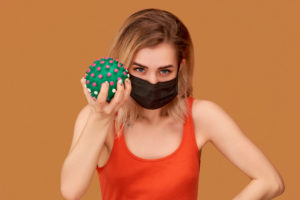
Stress is well known as a trigger for acne, eczema, seborrheic dermatitis, and rosacea. Combine the physical manipulation and pressure of a mask on the skin and pandemic apprehension and you have a world of skin issues as a by-product of these “unprecedented times’
We talk to Dr Michael Rich about what we can do to treat these conditions and when it is time to seek your dermatologist’s help.
Friction can be a problem and if it is a concern moisten skin pre putting a mask on and moisten again after removing. If acne-prone oily moisturiser will aggravate acne, so use water-based, or if not adequate, then a light silicone-based moisturiser.
As above moisten, and always use fragrant-free products. Sunblock is essential. You can use a water-based block if acne-prone, or an oilier base if your skin is prone to dryness. Sunblock does two jobs: it protects your skin from the sun and treats the dryness.
Reduce the wearing of heavy makeup as much as possible. Mineral makeup with a zinc base can be the best option as zinc can sometimes help with skin irritations. Also, avoid toners as they tend to dry the skin.
If you can, just wear a sunscreen that also acts as a moisturiser and eye make-up only.
It is common in the cosmetic industry to be suggesting to use multiple products, such as exfoliants which will irritate the already upset skin due to the mask. Oily creams, multiple serums, all of which potentiate and aggravate acne with the mask, leading to the skin which is irritated and upset. In my opinion, minimise all of these products.
UVA and UVB radiation damage the vessels, the pigment network and elastin and collagen fibres and the cells which leads to redness, colour variation, laxity, wrinkling and skin cancers. So if you choose to use only one product on your face, it should be sunscreen.
Any moisturiser is helpful as it forms a barrier on the skin. I always advise my patients to wear sunscreen 50+ that also acts as a moisturiser on their face every day as protection from UV rays, even in winter.
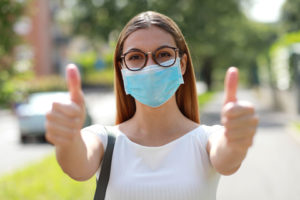
In regards to mask-related issues, the two most common problems have been
In regards to other “pandemic-related ” skin problems :
As one would expect at times of stress, many existing conditions become worse. Such as eczema, acne, psoriasis, hair loss, rosacea, and many more.
We are all already stressed and under pressure. For our skin to become inflamed, uncomfortable, itchy, full of pimples, just adds to the stress we are already experiencing. Nobody needs that.
Regular (annual or bi-annual) skin checks should be a part of your skin routine. Consulting a dermatologist on your skin health is a very positive action to take at least a couple of times a year and can often help to pick up issues before they reach a critical situation. Of course, as soon as a serious skin issue arises, a dermatologist visit is key to treatment and containment. Looking after your skin health will be even more important as we get used to our new normal. Avoid or treat your maskne quickly. Give us a call and we can talk to you about options or set up an appointment with one of our dermatologists.
Contact us for a consultation
ENRICH Clinic
*With all surgeries or procedures, there are risks. Consult your physician (GP) before undertaking any surgical or cosmetic procedure. Please read the consent forms carefully and be informed about every aspect of your treatment. Surgeries such as liposuction have a mandatory seven-day cooling-off period to give patients adequate time to be sure of their surgery choice. Results may also vary from person to person due to many factors, including the individual’s genetics, diet and exercise. Before and after photos are only relevant to the patient in the photo and do not necessarily reflect the results other patients may experience. Ask questions. Our team of dermatologists, doctors and nurses are here to help you with any of your queries. This page is not advice and is intended to be informational only. We endeavour to keep all our information up to date; however, this site is intended as a guide and not a definitive information portal or in any way constitutes medical advice.
"*" indicates required fields
Combining Dr Rich’s dermatological skill with his knowledge of restorative skin regimes and treatments, the ENRICH range is formulated to help maintain and complement your skin. Our signature Vitamin C Day & Night creams are now joined by a Vit A, B,&C Serum and a B5 Hyaluronic Gel, both with hydration properties and much, much more.

Intense pulsed light (IPL) has become a staple in beauty salons and dermatology clinics. Learn how it works for hair removal, acne management, and more.
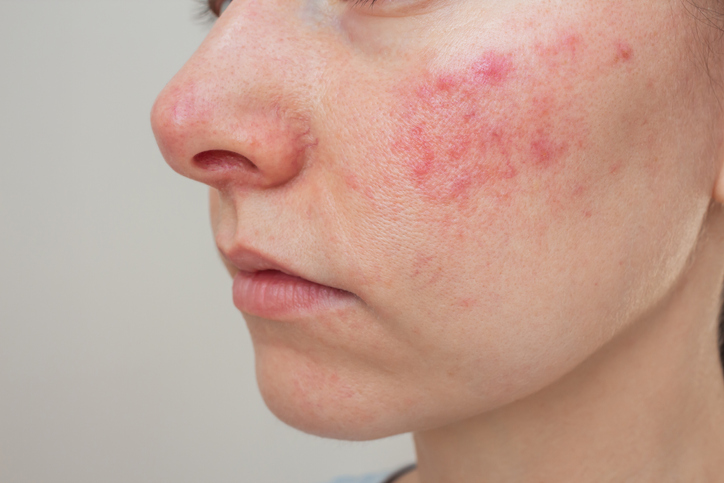
Worried you have eczema, dermatitis, or psoriasis? We talk symptoms, causes, triggers, and treatments for these common causes of itchy skin.

Research has shown that snoring can be reduced by up to 60% after two or three treatments with ENRICH Clinic’s high-tech target lasers designed to tighten the soft palate and stop snoring.
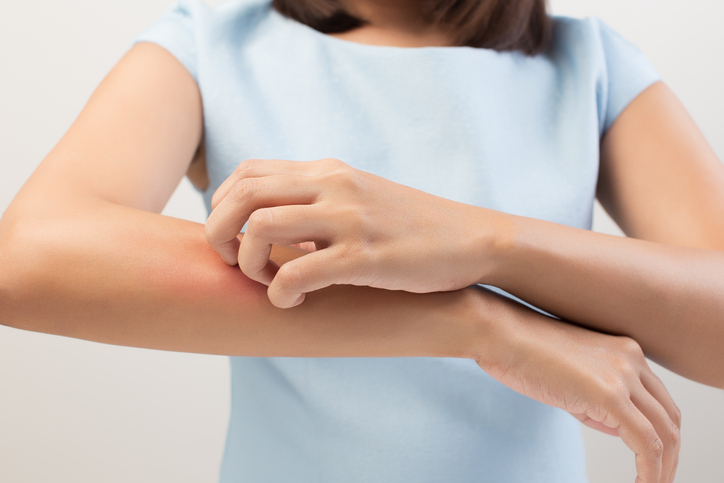
Suddenly dealing with itchy skin? We’ll talk about the common causes and how to find relief.
Subscribe to the ENRICH newsletter and receive latest news & updates from our team.
Enrich Clinic acknowledges the Traditional Lands of the Wurundjeri Woi Wurrung and Bunurong peoples of the East Kulin Nations on which we work and trade. We pay respect to their Elders past, present and emerging. We extend our acknowledgement and respect to the LGBTQIA+ community who we welcome and support. Read our full Acknowledgement Statement here
